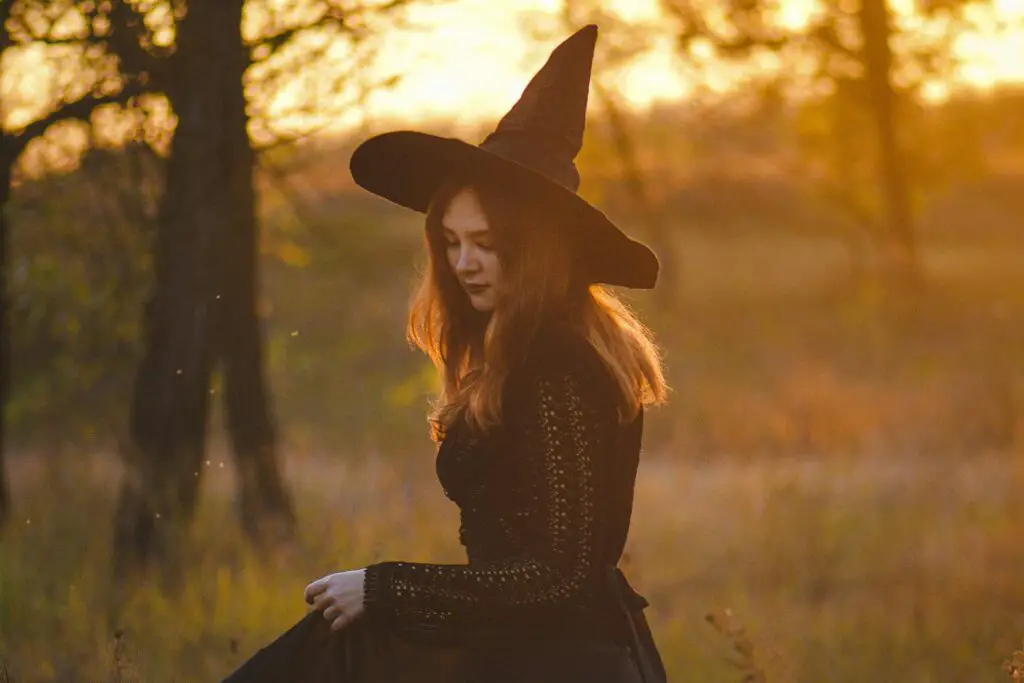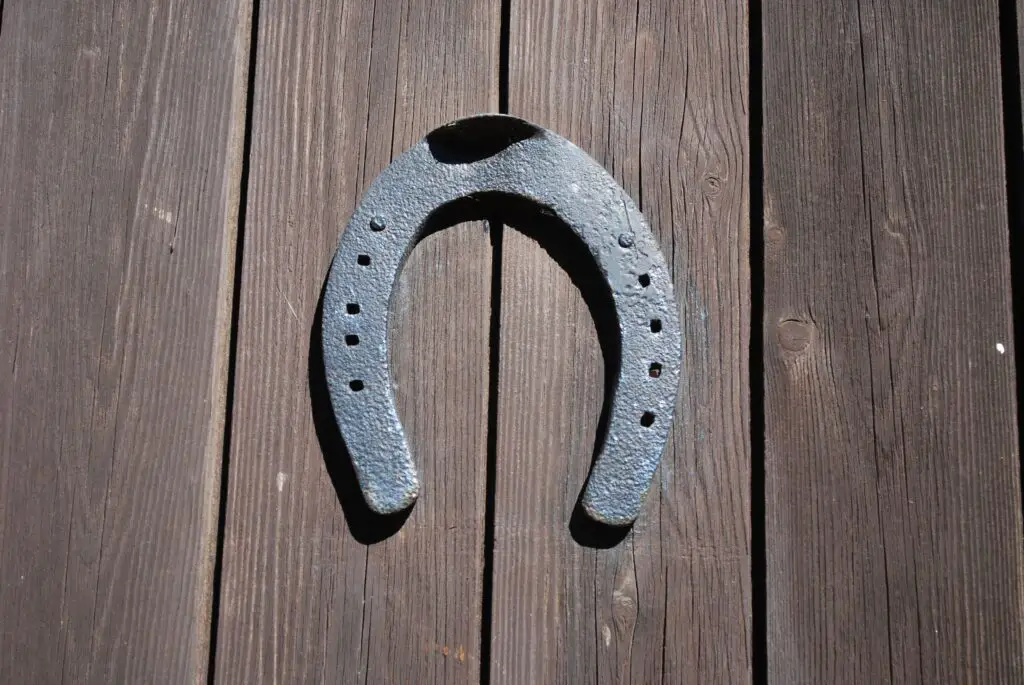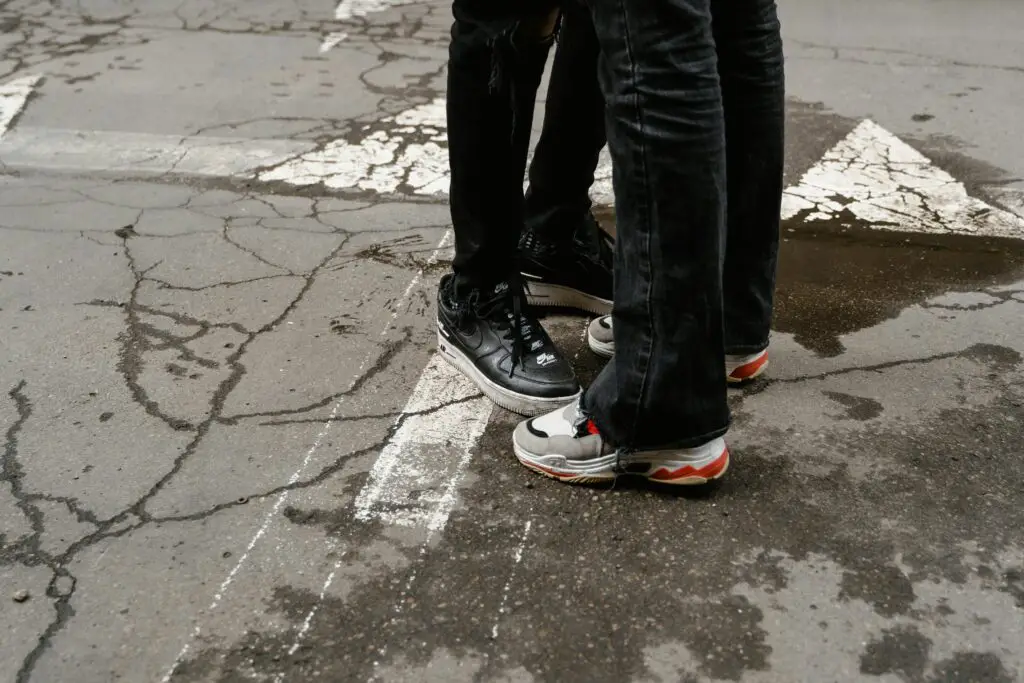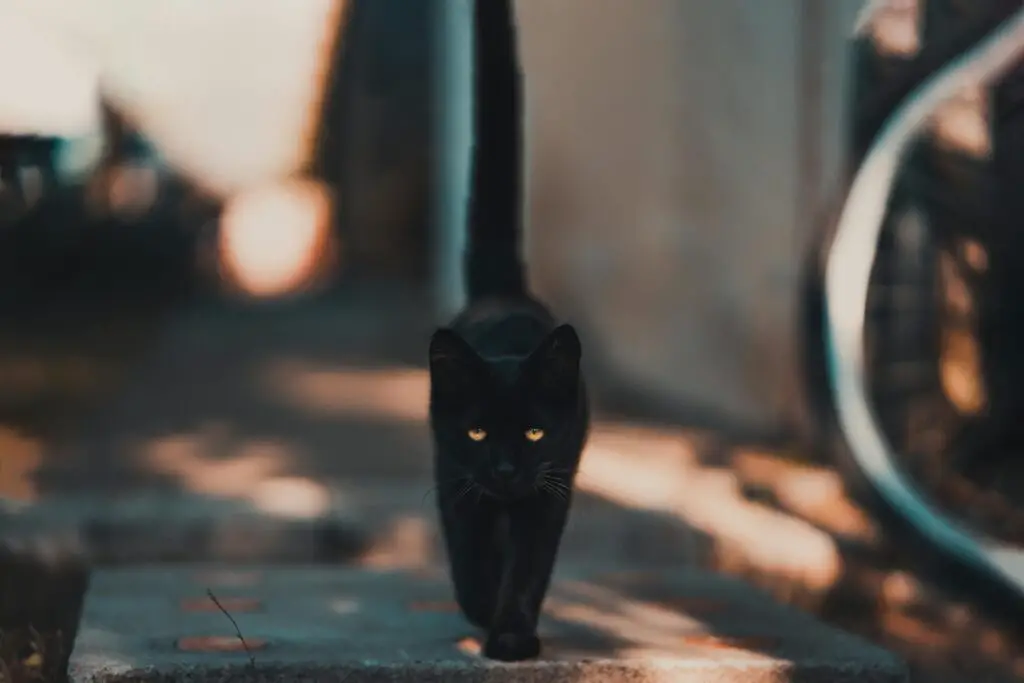1. The Full Moon Brings Bad Luck

For generations, rural Americans have believed that a full moon could bring bad luck, especially if it occurred on certain days of the week. Farmers would avoid planting or harvesting during this time, thinking the moon’s phases could influence crops, livestock, and even personal health. The superstition was so deeply ingrained that many rural families would lock their doors and stay indoors on a full moon night, hoping to avoid misfortune. People even believed that the moon’s glow could cause things like sleepwalking, making the night more unpredictable and dangerous.
While the full moon is often a beautiful sight, many older Americans saw it as a time to be cautious. This superstition extended to other areas of life, including relationships. Some believed that a full moon could cause arguments or emotional outbursts, making it an unlucky time for family gatherings or social events. Over the years, this fear of the full moon has faded, but it still lingers in some rural communities where these old beliefs continue to be passed down.
2. Don’t Kill a Spider in the House

One superstition that has persisted in rural areas is the belief that killing a spider inside the house will bring bad luck. Spiders were seen as protectors of the home, keeping away other pests like flies and mosquitoes. Killing one was thought to anger the spirits and invite misfortune into your life. This belief was particularly common in Southern and Appalachian households, where old-time wisdom still played a large part in daily life.
In some areas, people believed that the spider’s web was a symbol of good fortune. Spiders were often viewed as wise creatures with a connection to the supernatural, able to weave the threads of fate. While the idea of not killing a spider might sound strange to modern ears, it was once a serious matter for many families, who would go out of their way to relocate the critter rather than harm it.
3. The Witching Hour Is Real

The “witching hour,” which traditionally occurs at midnight, was once believed to be a time when witches, spirits, and evil forces were most active. Rural Americans, particularly in New England, would take extra precautions during this time, often avoiding traveling or engaging in any serious activity after dark. The belief was that the veil between the living and the dead was thinnest during this hour, making it easier for malevolent entities to cross over.
People would sometimes hold prayer vigils or keep their windows and doors locked to protect their homes from unseen forces. Children were often told stories about the witching hour to keep them from wandering off at night. This superstition reinforced the idea that there were unseen forces at work in the world, and the witching hour was their prime time to strike.
4. The Luck of the Horseshoe

A horseshoe hung above the door was thought to bring good luck and protect the home from evil. In rural America, many believed that the horseshoe should be hung with the open end facing upward to catch good fortune. Some even believed that finding a horseshoe on the ground was a sign of impending good luck, especially if it was found on the right day or in the right location.
The superstition surrounding horseshoes dates back to medieval Europe, but it gained a strong foothold in rural American traditions. It was common for families to hang horseshoes over doorways or on the walls of barns to protect livestock from harm. In some places, people would even bury a horseshoe in the foundation of their homes to ensure that good fortune would always remain with them.
5. Don’t Step on a Crack, Break Your Mother’s Back

While this rhyme may seem like a simple playground game, in rural America, it was taken seriously. It was widely believed that stepping on a crack in the sidewalk or floor could cause harm to your family, specifically your mother. Children would carefully navigate their way across any surface to avoid stepping on cracks, as it was thought to bring bad luck or misfortune to their loved ones.
This superstition was often passed down through generations, with children repeating the rhyme as a way of reinforcing the idea that there were consequences for breaking the “no crack stepping” rule. Some even believed that cracks in the ground or floor represented an opening to the underworld, where mischievous spirits might cause trouble. Over time, this superstition became less of a warning and more of a childhood tradition, but in its time, it was taken very seriously.
6. A Black Cat Crossing Your Path Means Bad Luck

In rural communities, the belief that a black cat crossing your path could bring bad luck was taken very seriously. This superstition has deep roots in both European and African traditions, but it was especially prevalent in the rural American South. Many people believed that black cats were witches in disguise or messengers of evil spirits, and their appearance could spell disaster for anyone they crossed.
If a black cat crossed your path, some believed it meant that your luck would soon turn sour, or that a misfortune was about to happen. People would often perform small rituals or take different routes to avoid encountering a black cat. Despite the fact that black cats have been revered as symbols of mystery and magic in some cultures, in rural America, they were more often associated with misfortune, especially if they appeared unexpectedly.
